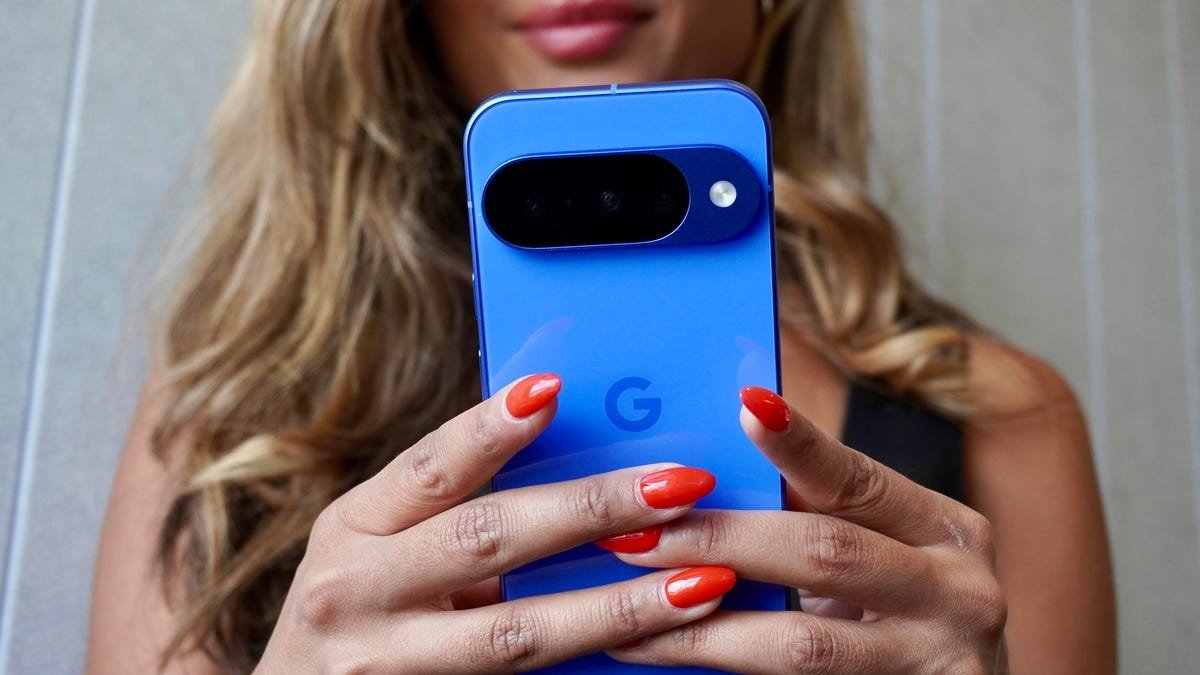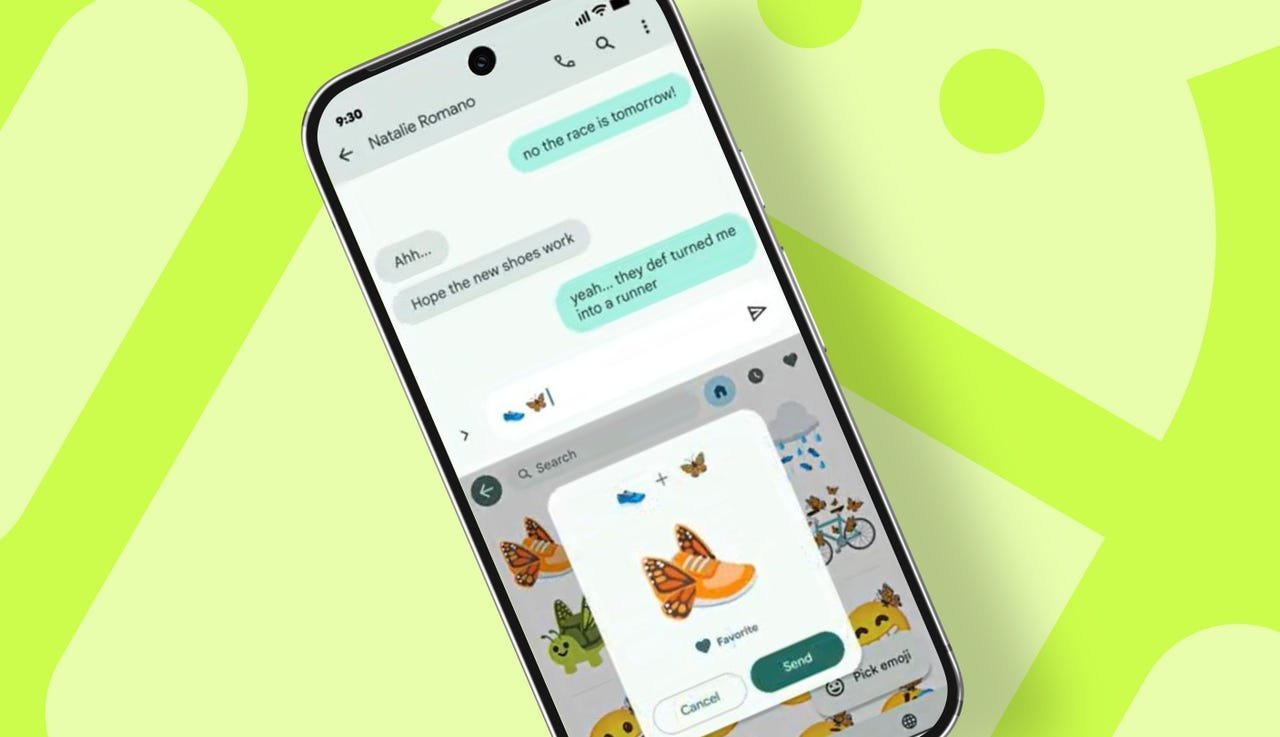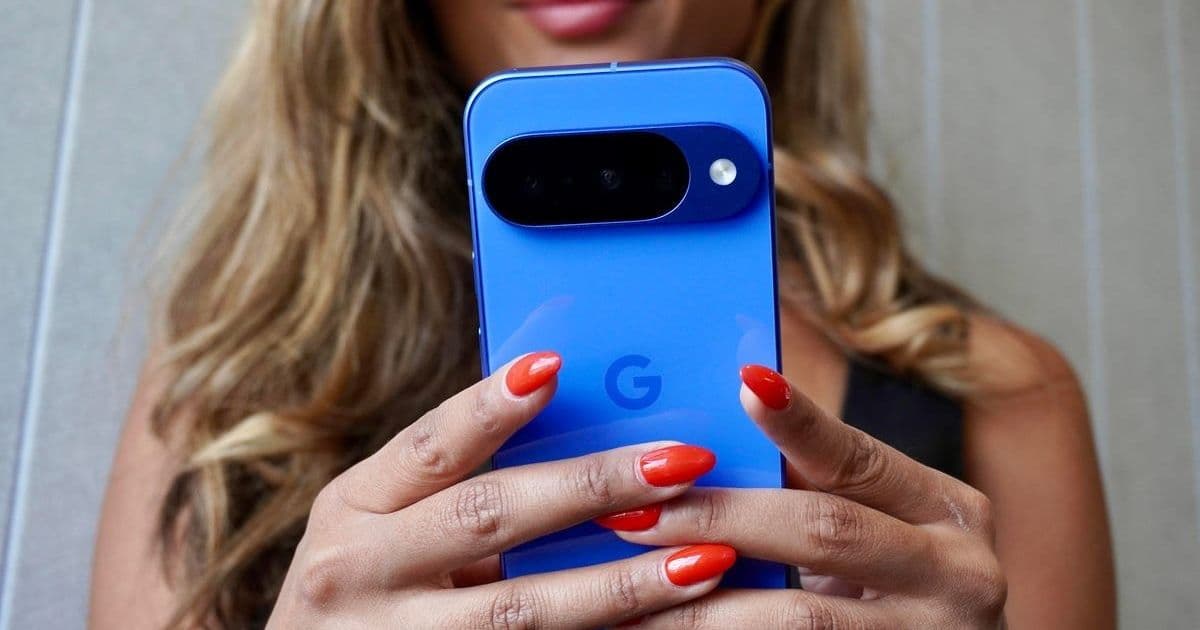Google's September Android update introduces three significant enhancements: an on-device AI writing assistant for Gboard, creative emoji remixing capabilities, and a streamlined Quick Share experience. These upgrades promise to transform everyday communication, creative expression, and file sharing for millions of Android users.
Android users are receiving a substantial quality-of-life upgrade this September, as Google rolls out enhancements to core communication and sharing tools. This update focuses on leveraging AI for practical utility while refining essential cross-device functionality—demonstrating Google's commitment to refining the Android experience without unnecessary bloat.

1. Gboard Gains On-Device AI Writing Assistance
Google is integrating generative AI directly into Gboard, Android's default keyboard. A new interface provides real-time writing suggestions to adjust tone (formal, expressive, concise) and correct grammar/spelling. Crucially, all processing occurs on-device, addressing privacy concerns by ensuring typed content isn't sent to external servers. This positions Gboard as a smarter, context-aware tool for drafting messages, emails, and social posts—directly competing with cloud-based alternatives while prioritizing user security.
2. Emoji Kitchen Expands Creative Possibilities
The updated Emoji Kitchen moves beyond predefined mashups. Users can now actively browse and combine emojis or stickers to create entirely new visual expressions—like merging a butterfly with a sneaker to generate winged footwear. While not as advanced as Apple's Genmoji text-to-emoji generation, this remix approach fosters user-driven creativity within the existing sticker ecosystem. It transforms emoji selection from a static menu into a dynamic playground for personal expression.
 Caption: Google / Elyse Betters Picaro / ZDNET
Caption: Google / Elyse Betters Picaro / ZDNET
3. Quick Share Receives a Usability Overhaul
Google's answer to AirDrop and Nearby Share gets a significant interface redesign. Key improvements include:
- Dedicated send/receive toggles for clearer operation
- Live progress indicators during file transfers
- Enhanced audio sharing capabilities, allowing two users to pair LE Audio headphones simultaneously This refinement addresses longstanding usability friction points, making cross-device sharing between Android phones, Chromebooks, and Windows PCs noticeably smoother and more reliable—a critical update for productivity workflows.
The Strategic Shift: Utility Over Novelty
These updates signal a focus on practical, daily-use enhancements rather than flashy gimmicks. The on-device AI processing in Gboard underscores Google's investment in local machine learning for privacy-sensitive tasks. Similarly, the Quick Share redesign prioritizes reliability—a necessity as Android competes in cross-platform ecosystems. While the emoji tools add fun, their integration into existing keyboards ensures they serve a purpose rather than becoming forgotten bloat. These aren't revolutionary changes, but their cumulative effect makes Android feel more polished, responsive, and secure for the tasks users perform countless times daily. Rollouts begin now and will continue over coming weeks via Google Play system updates.
Source: ZDNet

Comments
Please log in or register to join the discussion